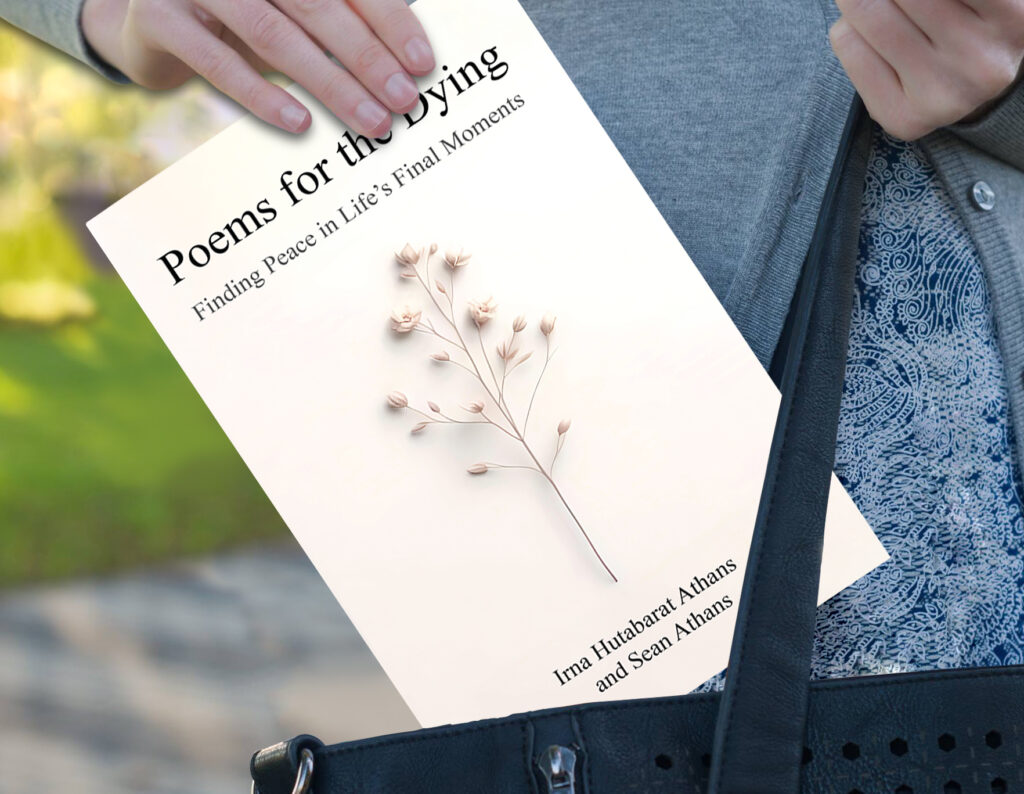There’s something mysterious about the way poems lodge themselves deep in our memory, especially during times of loss. Why do certain lines linger in our minds long after other words have faded? And what is it about poetry that seems to touch a part of us deeper than everyday speech?
Poetry speaks to the guttural, primal part of our brain, the place where language first took root as song, chant, and rhythm. Think about the nursery rhymes we learned as children: “Twinkle, twinkle, little star,” “Humpty Dumpty,” or “Ring Around the Rosie.” Their simple melodies and repetitive rhythms made them easy to remember. They weren’t just stories; they were experiences, feelings encoded in sound and beat.
This is more than nostalgia. Neuroscience shows that rhythmic, melodic language activates areas of the brain linked to emotion and memory. When we hear or recite poetry, especially in moments of grief, it bypasses the clutter of overthinking and connects directly to our emotions. Poetry isn’t just heard; it’s felt in the body, in the breath, in the pulse.
When we speak or listen to a poem during loss, we tap into a language older than logic. It’s a language that whispers to the soul and wraps the aching heart in a familiar, steady rhythm. That’s why poems stay. They become a refuge, a secret code that carries memory and meaning when words alone fail.
Magic in the Rhythm
Twinkle, twinkle, little star,
Soft words that travel near and far.
A lullaby that hums and sways,
A heartbeat in our memory stays.
Humpty Dumpty’s fateful fall,
Echoes rise and gently call.
Rhymes that wrap around the soul,
Pieces broken, made whole.
Words like spells, both old and new,
Weaving light when skies turn blue.
In rhythms deep, beyond the mind,
A magic language, love defined.

